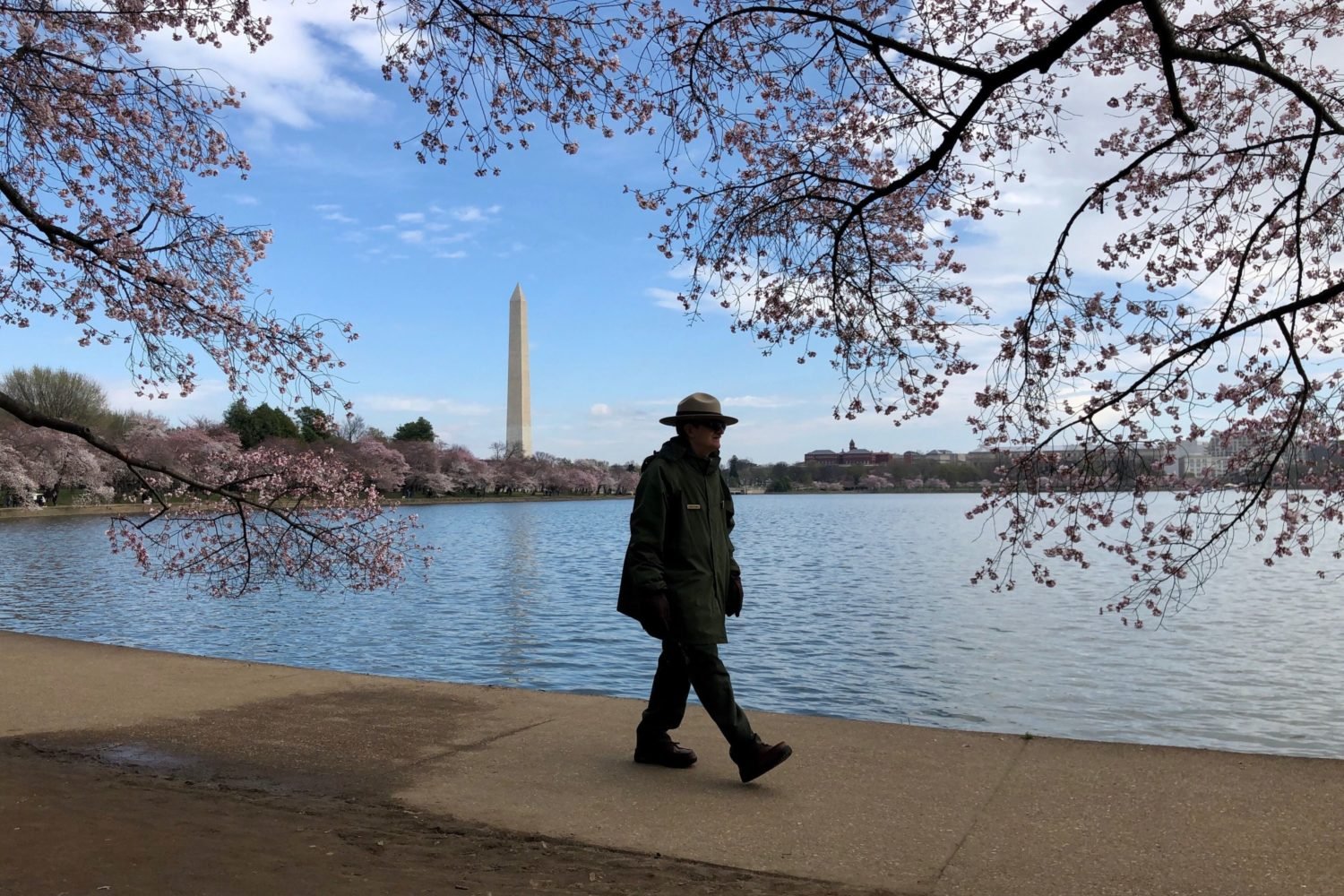About Coronavirus 2020
Washingtonian is keeping you up to date on the coronavirus around DC.
I live and work in DC, oldest child of a family with three kids still at home. Last week my parents called me from suburban Maryland, worried about DC shutting down due to virus issues and asked that I return home. I obliged and this week I lived and worked from their place. However it seems that their fears of the coronavirus stop at the District’s borders. My mother tried to take my much younger sister to the doctor’s for an annual physical this week, to my horror and vocal opposition, which was ignored. (She didn’t end up going, I don’t know why.) My father went to buy bedsheets at a large home goods store, also to my vocal opposition. I was rebuked. They “make their own choices and I need to accept that”. [Recently] my brother made an unnecessary trip to buy clothes (at a farm supply store that was still open). No one in the family is currently experiencing any symptoms. My parents are most susceptible in the family, both being over 55. No underlying illnesses.
I am angry and feel unsafe. I can’t seem to change their mind about the seriousness of the virus. I’ve tried facts, anecdotes, shame, even crying (I’m not one for tears). That said: should I move back to DC, where I’d likely face large crowds at grocery stores but with a young roommate who, like me, cleans, washes, and avoids as recommended by the CDC, but risk infecting Washingtonians once I drive back, if I have caught anything here? Or should I remain here with their poor behavior?
Dr. Karen Stohr, PhD, associate professor of philosophy at Georgetown University and senior research scholar at the Kennedy Institute of Ethics at Georgetown University: Governor Hogan may have just solved your problem for you. With Maryland’s new stay-at-home order, your parents are now legally obligated to restrict their outings to trips to acquire essentials. So now you have the law backing up your arguments. This may not change their behavior to the extent that you would like, but it should help. You don’t say whether your parents are using good hygiene practices when it comes to washing their hands and maintaining a six-foot distance from others. Given their concerns about your more crowded urban environment, they appear to be taking the possibility of contagion at least somewhat seriously, even if they disagree with you about what counts as risky behavior. They don’t seem to think it’s a media hoax or just an ordinary flu. Still, if you really don’t think you can have a productive family conversation about household ground rules, then consider asking a friend or family member in the medical profession (or your younger sister’s pediatrician) to talk to your parents. They might be more likely to heed advice that comes from outside.
The bigger ethical issue is about the extent to which we have the right to try to exercise control over the behavior of other adults. This is challenging ethical terrain, with lots of gray areas. What seems like a reasonable request to one person can feel like a serious boundary intrusion to another person. It’s even more complicated when we’re talking about family relationships. Right now, your parents are trying to control your living situation, and you are trying to control their errand-running behavior. Since you have gone along with their demands, it may feel like they owe it to you to reciprocate by going along with yours. Normally reciprocity is a good way to ensure that everyone is being treated respectfully. But I’m not sure it’s useful in these circumstances. You have tried doing what you can to change their behavior and protect yourself and your younger sister, and it’s not working. I’m not a therapist, but it sounds like your current situation is making you anxious and resentful. You’re an adult, and you do have the right to choose where you live. Assuming your parents are of sound mind and are not seriously endangering your siblings, it might be time to exercise that right and return to your DC home. If you have reason to believe you’ve been exposed to Covid-19 while living with your parents, then self-isolate for 14 days when you get there. (Do warn your roommate, though, as that’s only fair.) You probably won’t stop worrying about your parents, but you will feel safer yourself and you can continue to nag them over FaceTime.
If you have a question for the Coronavirus Ethicist, please email lmullins@washingtonian.com



















